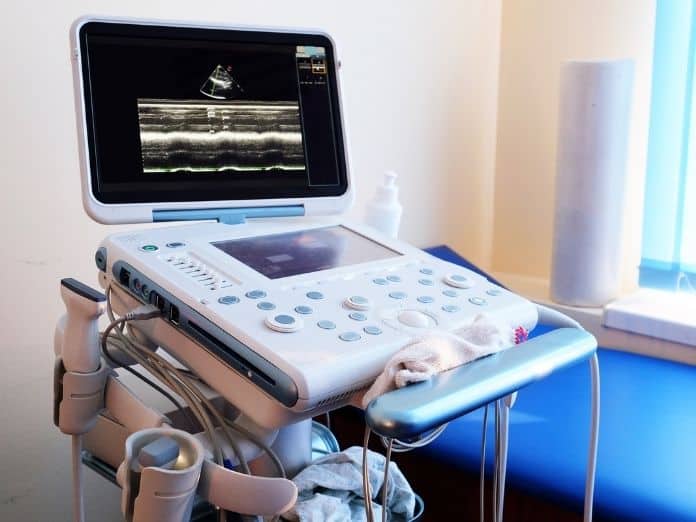Health professionals and technicians use ultrasounds for many different reasons. Most people are familiar with ultrasounds as used during pregnancy; however, ultrasounds can be used to detect and monitor other health conditions. Many factors go into choosing the right ultrasound machine, but most important, professionals should know their intended use. Some ultrasound machines are meant to multitask, whereas other machines have specific functions. Learning about the different kinds of ultrasounds can make it easier to understand their capabilities.
Transvaginal Ultrasound
If you ever had to schedule an appointment for an ultrasound, then you probably asked yourself, “what can an ultrasound machine see?” Most people know that technicians use ultrasounds to monitor the health of an expecting mother by inserting the machine into the vagina. A transvaginal ultrasound is used to examine the placenta, monitor the heartbeat of the fetus, look at changes in the cervix, and identify the source of any abnormal bleeding.
Transvaginal ultrasounds are most known for their use during pregnancy, but they have other functions as well. For example, a transvaginal ultrasound can examine pelvic pain, check for cysts, detect infertility, and verify the placement of an IUD.
Transrectal Ultrasound
Transrectal ultrasounds are used by inserting a probe into the rectum. A transrectal ultrasound, like a transvaginal ultrasound, can aid in detecting any causes for infertility. Doctors also use them to determine the size of the prostate gland, which can result in the diagnosis of benign prostatic hyperplasia. Information collected from a transrectal ultrasound can also aid a doctor in detecting cancerous cells.
Transesophageal Echocardiogram
Health professionals use transesophageal echocardiograms to view the heart. A transducer is placed on the chest, and a probe is inserted into the esophagus. This ultrasound machine can see signs of various heart complications, but it is also used to monitor the heart during surgery. Transesophageal echocardiograms are usually done for outpatient care or as part of a planned stay at the hospital.






